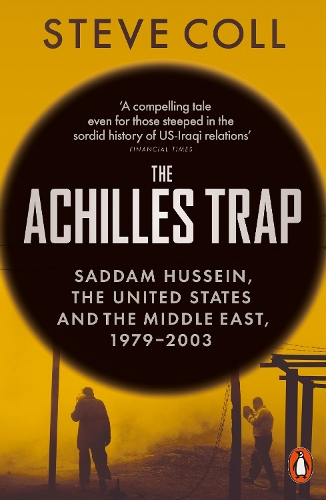Steve Coll's 'The Achilles Trap' offers a distinctive perspective on the Iraq War, arguing that Saddam Hussein's complexities were overlooked by U.S. policymakers. The book is praised for its thorough research and vivid character portrayals, providing a nuanced understanding of the events leading up to the 2003 invasion.
Steve Coll's 'The Achilles Trap' delves into the intricate dynamics surrounding Saddam Hussein's rule and the U.S. invasion of Iraq. The reviewer highlights Coll's success in broadening the narrative by incorporating Saddam's perspective and new revelations. The book is commended for its meticulous research, drawing from over 100 interviews and a wealth of sources. It provides a thorough depiction of Saddam and pivotal events, exploring nuanced complexities in a captivating manner. The reviewer notes the book's significance in understanding the decision-making processes of authoritarian leaders, especially in today's political climate.
Quick quotes
Coll argues that Saddam’s adversaries overlooked crucial subtleties of his character and governance.
The book is divided chronologically into three parts commencing with Saddam’s ascent to power in 1979 and the inception of Iraq’s covert nuclear-weapons program shortly thereafter.
The narrative intricacies, both substantial and minute, maintain interest throughout what is a lengthy book.
